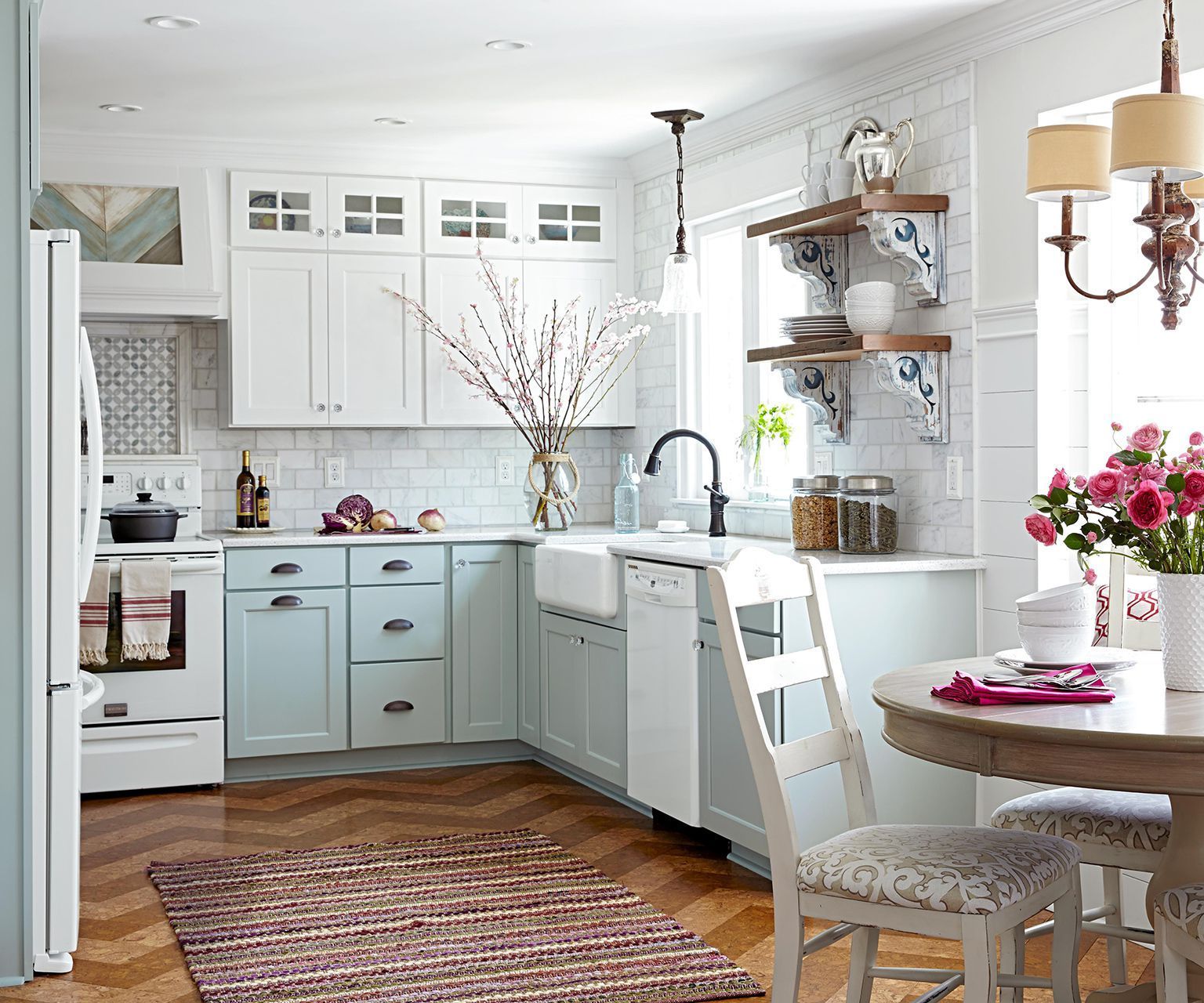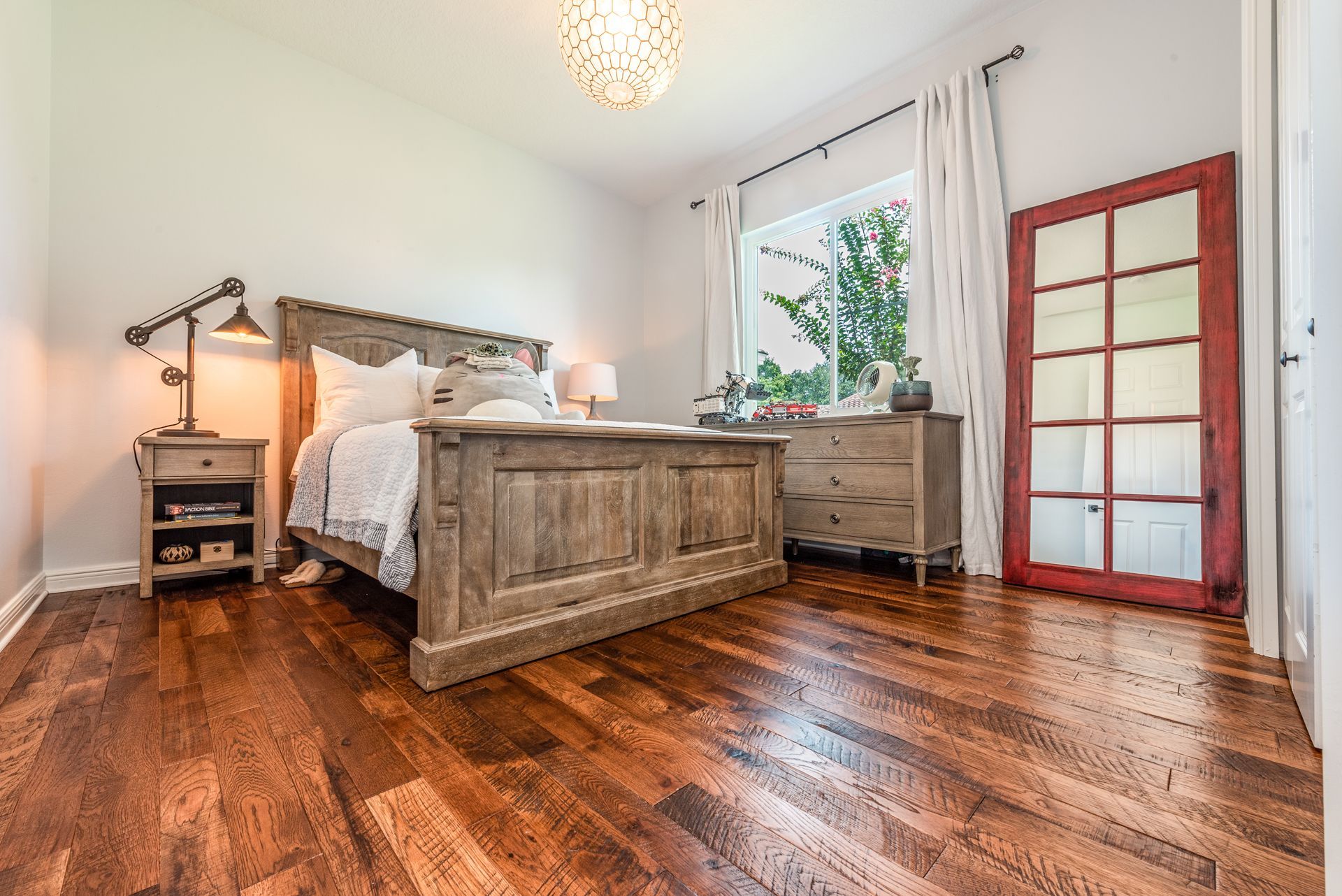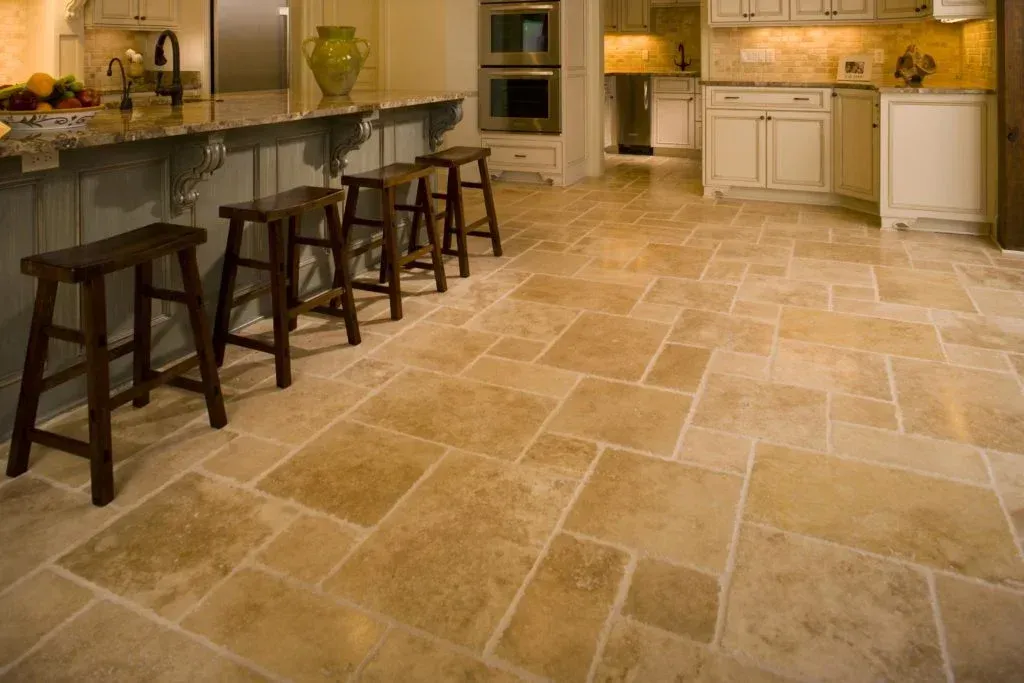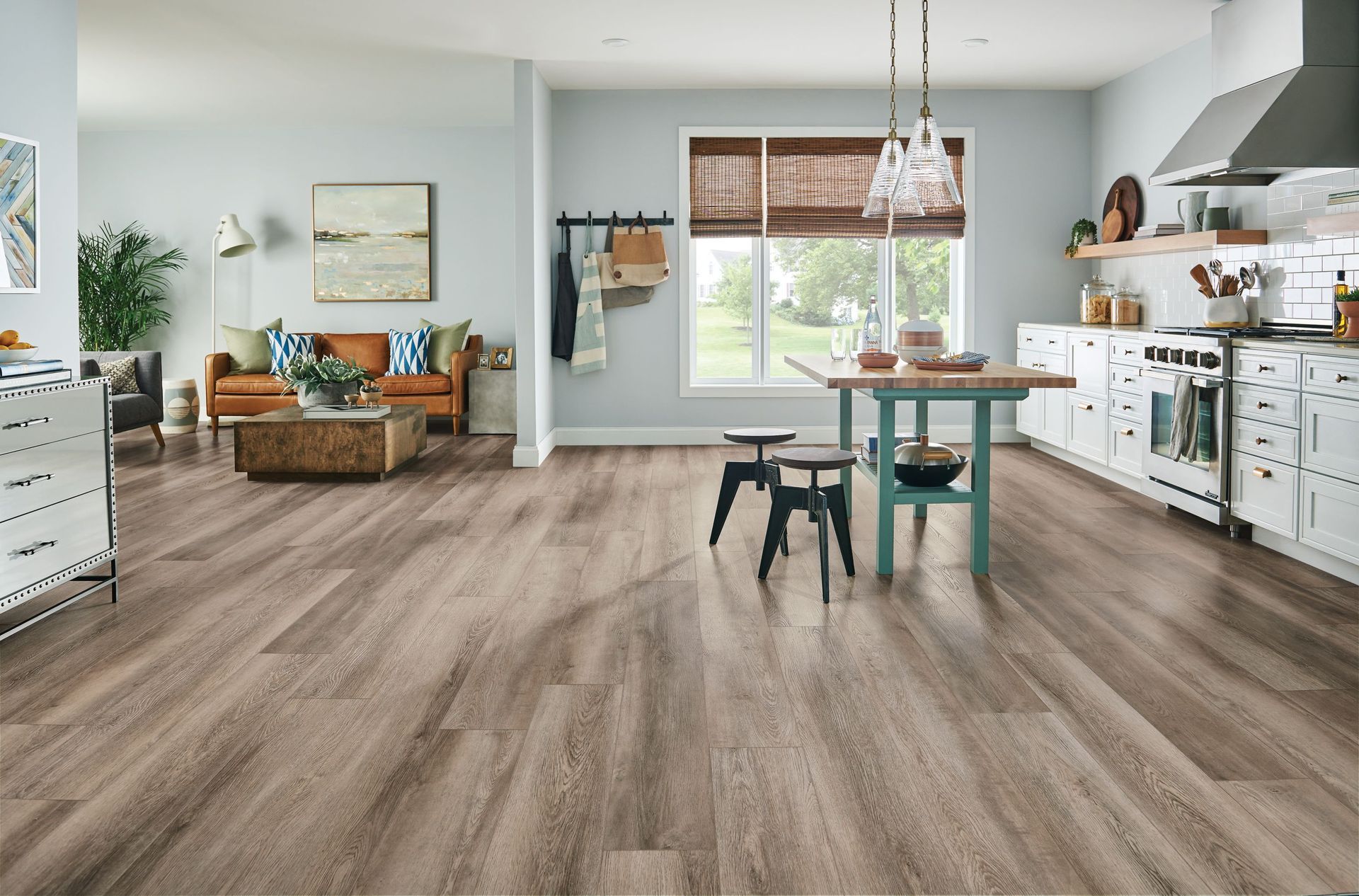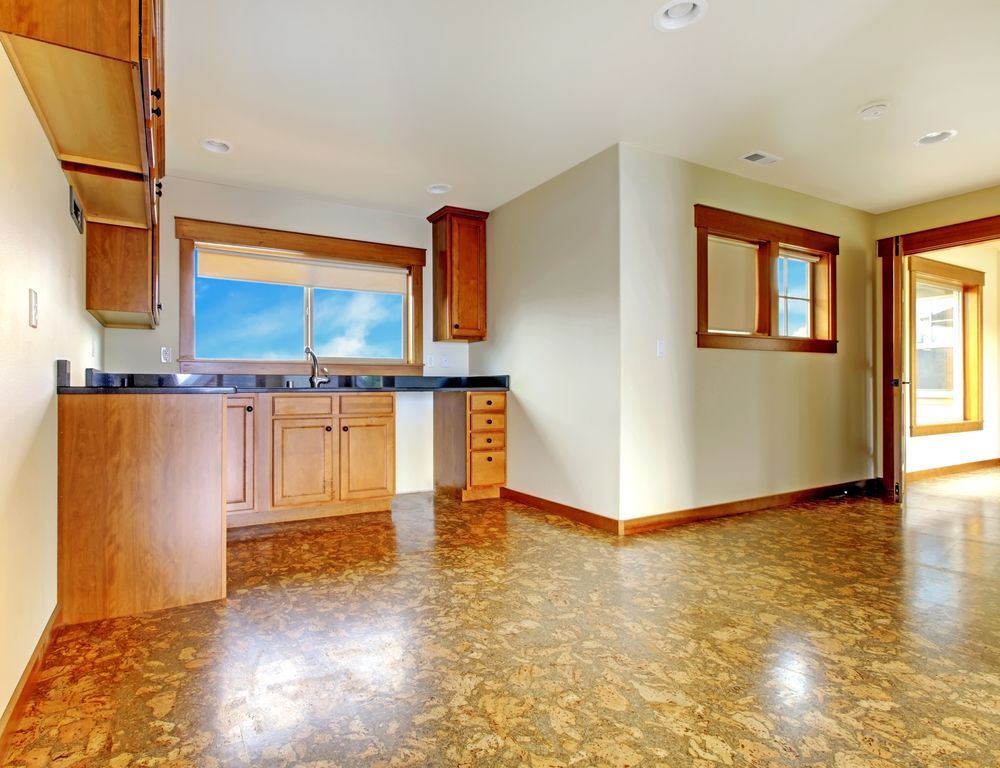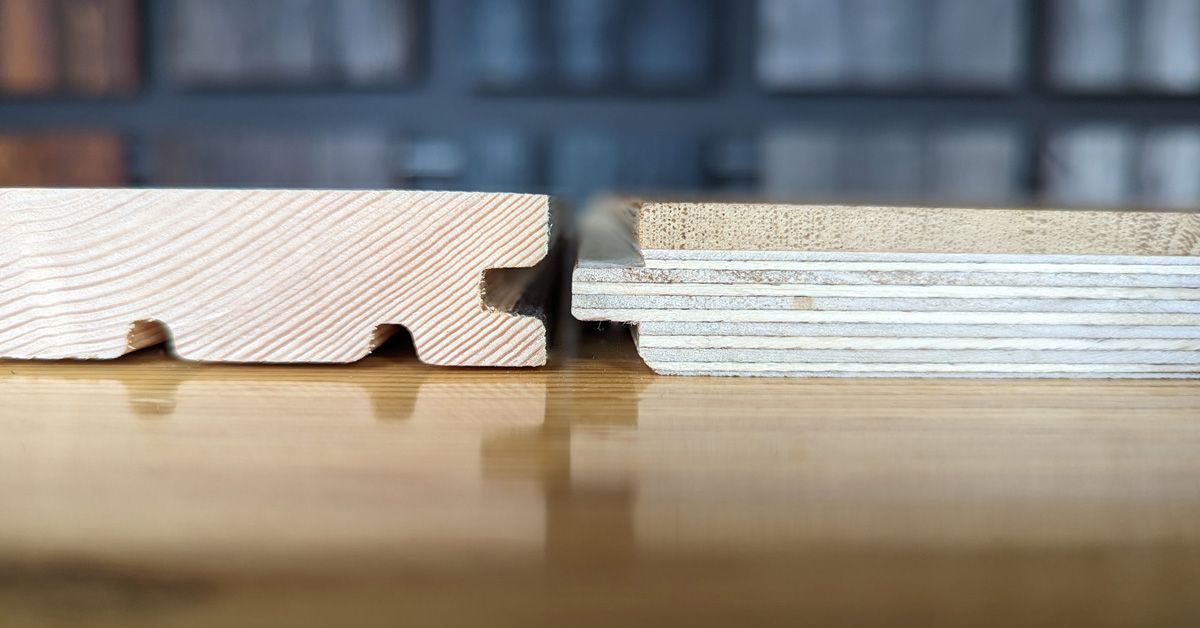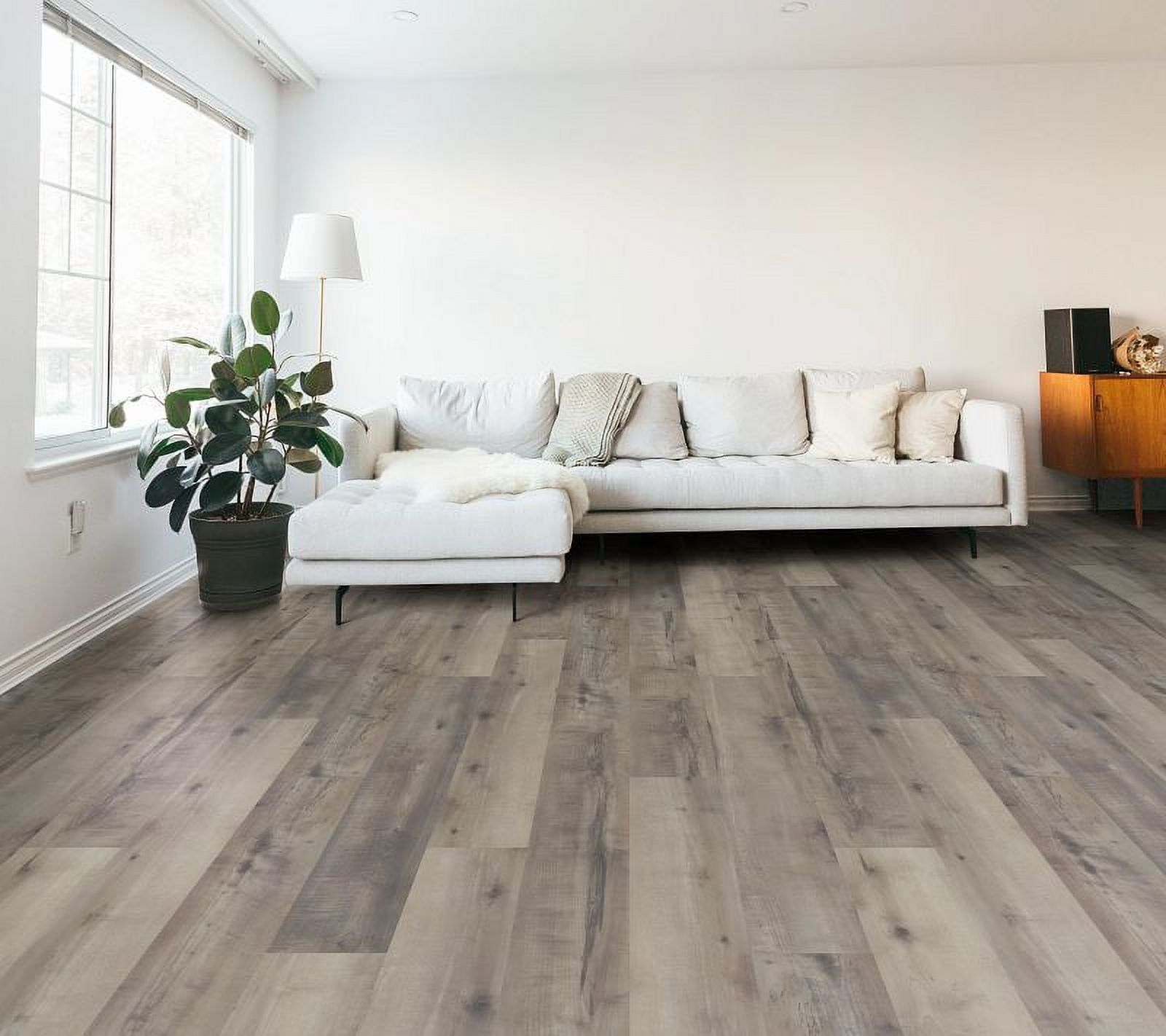Best Flooring Options for Nashville Homes: A Guide to Durable and Stylish Choices
Picking new floors for your Nashville home can be exciting and tricky. There are many options to think about. Your choice will affect how your home looks and feels for years to come.
The best flooring for Nashville homes depends on the room, your budget, and your lifestyle. Popular choices include hardwood, luxury vinyl, and bamboo. Each type has good and bad points to weigh.
This guide will help you pick the right floors for your home. We'll look at different materials, costs, and how well they work in Nashville's climate. You'll learn what to think about for each room in your house. By the end, you'll feel ready to make a smart choice for your floors.
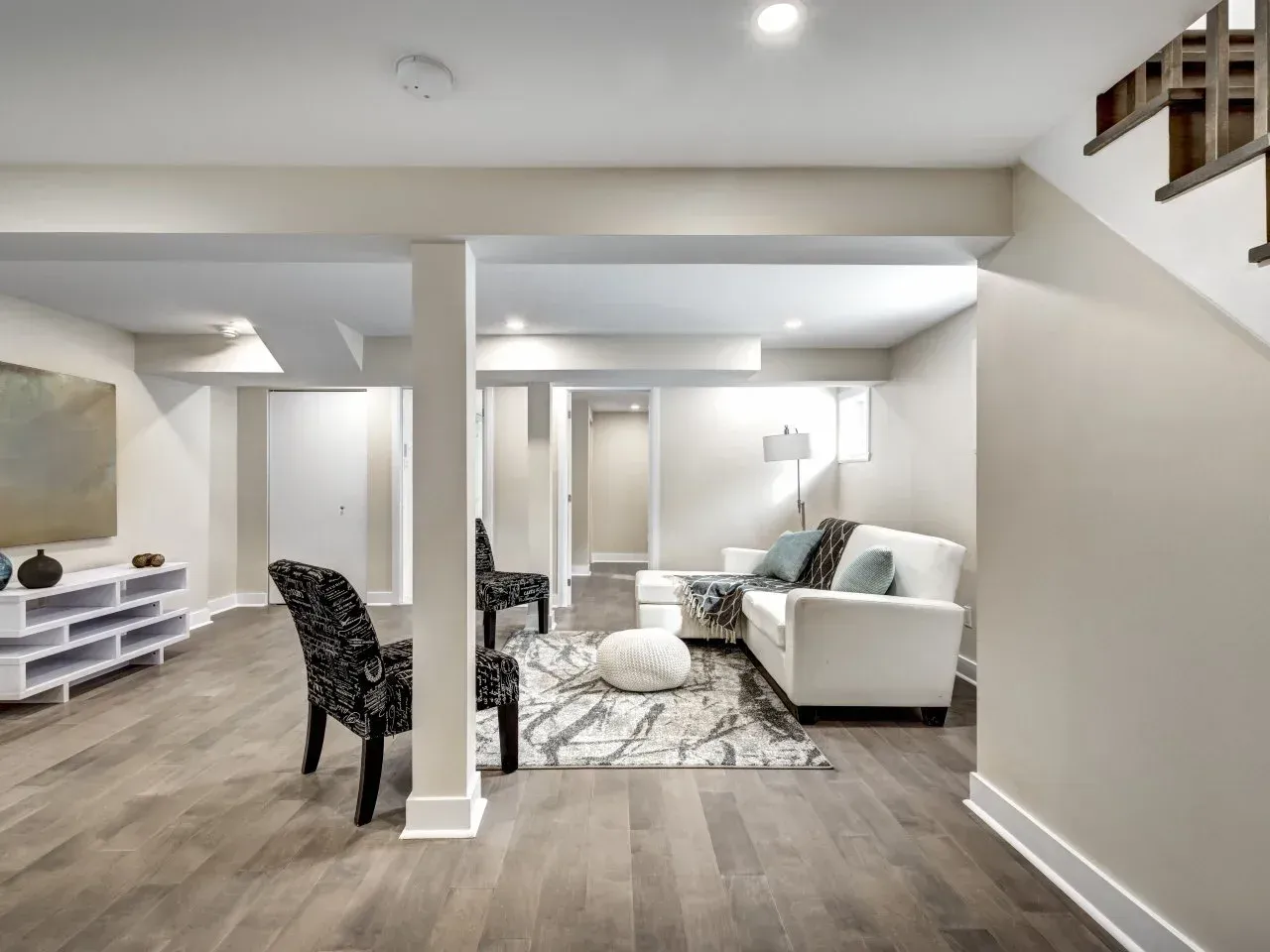
Nashville Climate and Its Impact on Flooring
Nashville's climate plays a big role in how different flooring types perform. High humidity and temperature swings can affect flooring materials in unique ways. You'll need to pick floors that can handle these conditions.
Understanding the Humidity Factor
Nashville's humid climate can be tough on floors. You might see wood floors swell or warp if not properly sealed. Laminate flooring can also buckle in high moisture. To avoid issues, pick moisture-resistant options like vinyl or tile.
Proper installation is key. Use vapor barriers under wood floors. Leave expansion gaps around the edges of rooms. This lets the floor move a bit as humidity changes.
You can also use dehumidifiers to control moisture levels. Aim for 35-55% relative humidity in your home. This helps protect your floors year-round.
Seasonal Temperature Fluctuations and Materials
Nashville sees hot summers and cool winters. These changes can make floors expand and contract. Hardwood and bamboo are sensitive to this. You might notice gaps in winter and tightness in summer.
Engineered wood handles temperature shifts better than solid wood. It's more stable and less likely to warp. Vinyl and ceramic tile are also good choices. They don't react much to temperature changes.
For basements or areas prone to moisture, avoid real wood. Instead, try luxury vinyl plank or porcelain tile. These can mimic wood looks without the risk of damage from temperature and humidity swings.
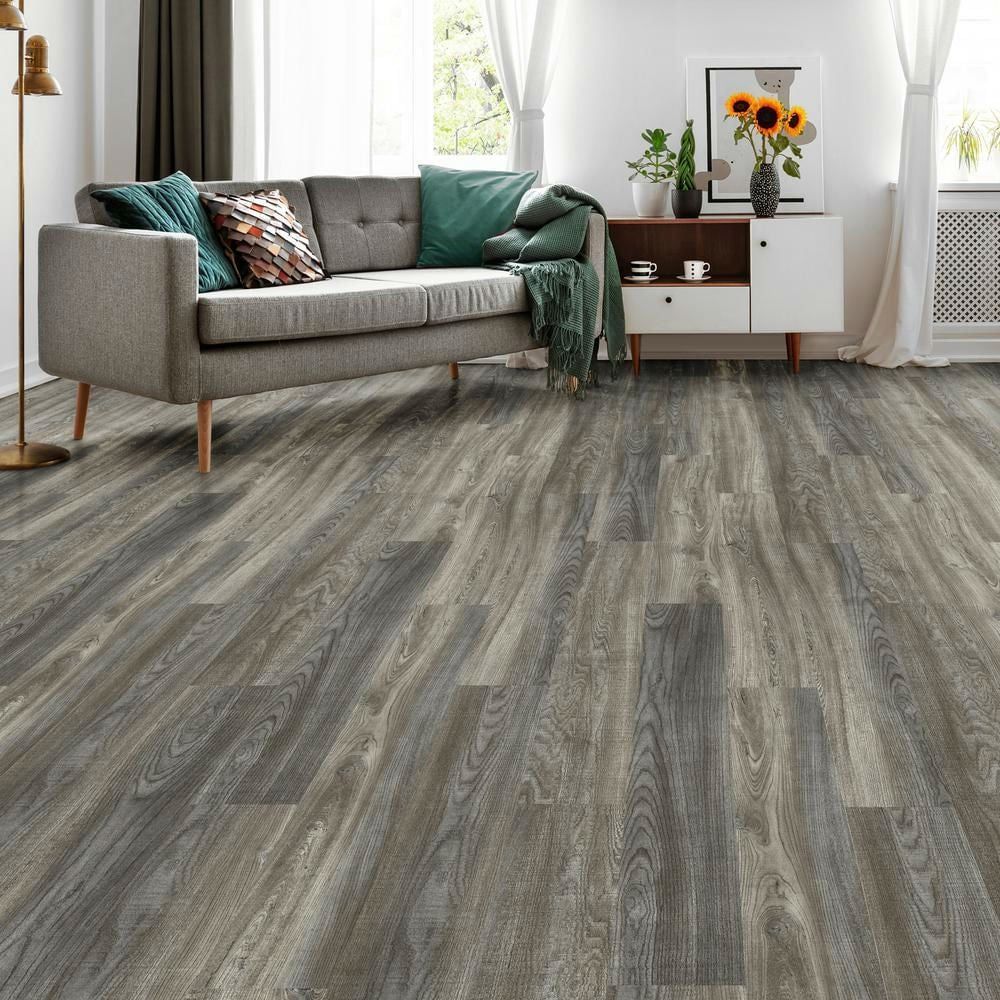
Popular Flooring Materials for Nashville Homes
Nashville homeowners have several great flooring options to choose from. Each material has its own benefits and works well in different rooms of the house.
Hardwood: Classic and Timeless
Hardwood flooring remains a top choice for Nashville homes. Oak, maple, and cherry are popular wood types. These floors add warmth and character to any room.
Hardwood is durable and can last for decades with proper care. It's easy to clean and maintain. You can sand and refinish hardwood floors to restore their beauty.
The natural look of wood fits well with many home styles. It can increase your home's value too. Hardwood works best in living rooms, dining rooms, and bedrooms.
Laminate: Durable and Affordable
Laminate flooring gives you the look of wood at a lower cost. It's made from layers of synthetic materials with a printed top layer.
Laminate is very durable and resists scratches and dents. It's a good choice for high-traffic areas. This flooring is easy to install and maintain.
You'll find laminate in many styles and colors. It can mimic the look of wood, stone, or tile. Laminate works well in family rooms, kitchens, and playrooms.
Tile: Ideal for Wet Areas
Tile is perfect for rooms that get wet or damp. It's waterproof and easy to clean. Tile comes in many materials, colors, and patterns.
Ceramic and porcelain tiles are popular choices. They're durable and resist stains. You can use tile to create unique designs on your floors.
Tile is great for bathrooms, laundry rooms, and entryways. It stays cool in hot weather, which is nice in Nashville summers. Tile can also work well in kitchens and sunrooms.
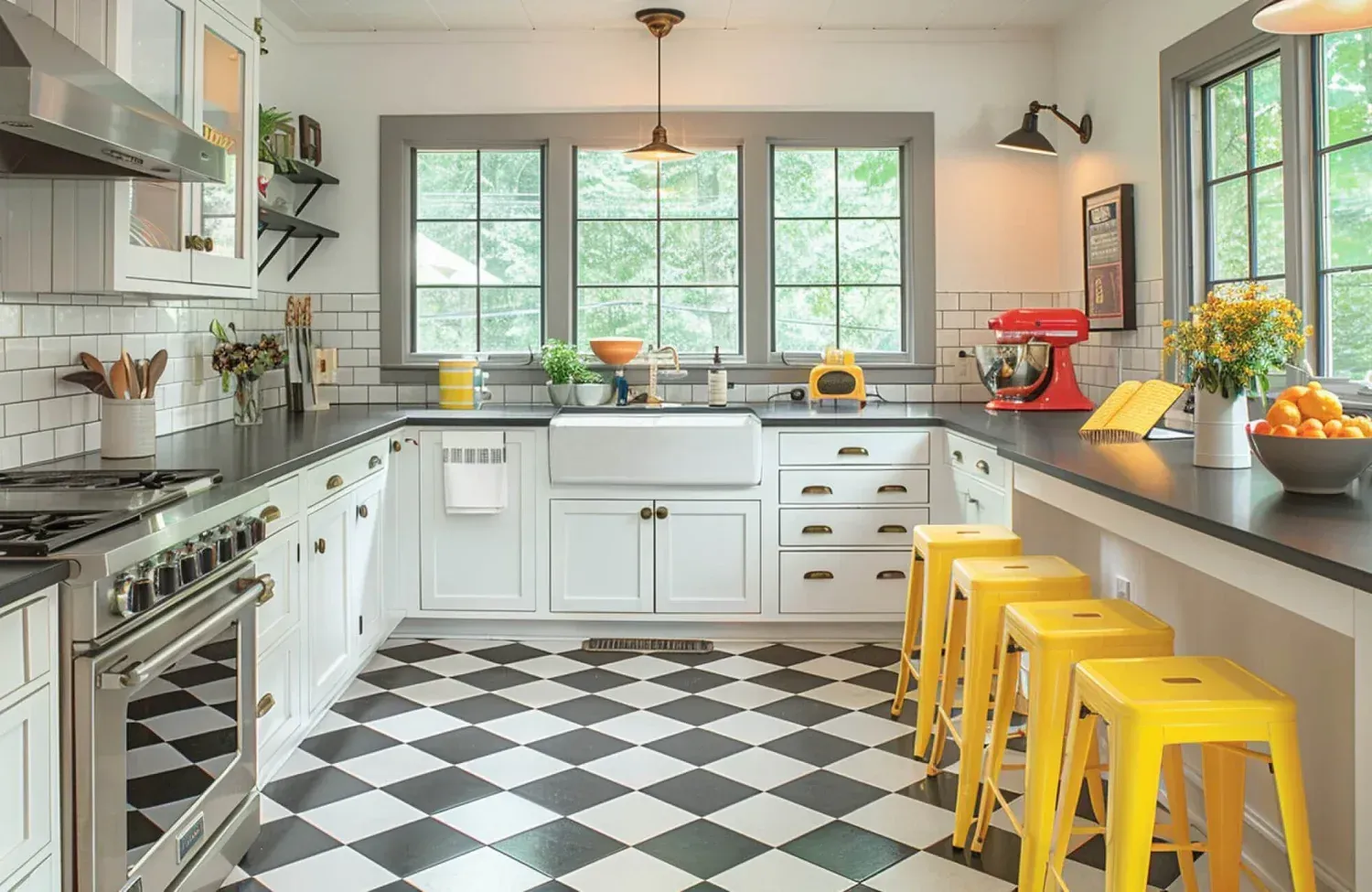
Installation Considerations for Durability and Aesthetics
Proper installation is key to ensuring your flooring looks great and lasts long. The right approach can make a big difference in how your floors perform over time.
Professional vs. DIY Installation
Hiring flooring installation contractors is often the best choice for complex materials. They have the tools and know-how to handle tricky installations.
For simpler options like vinyl flooring, you might tackle the job yourself. These floors often have easy click-lock systems.
Consider your skill level and the flooring type. Hardwood and tile usually need a pro's touch. Laminate and some vinyl are more DIY-friendly.
Time is another factor. Pros can finish faster, letting you use your space sooner. DIY might save money but takes longer.
Subfloor Preparation and Longevity
A solid subfloor is the foundation of durable flooring. Check for moisture, levelness, and cleanliness before installation.
Use a moisture meter to test concrete subfloors. Wood subfloors should be dry and flat. Fill any gaps or low spots.
Clean thoroughly to remove dust and debris. This helps your new floor stick better and last longer.
Some floors need special underlayment. This can add comfort, reduce noise, and protect against moisture.
Proper installation techniques vary by material. Follow manufacturer guidelines closely. This ensures your warranty stays valid and your floors perform their best.
Maintenance and Upkeep of Flooring Options
Keeping your floors clean and protected is key to their long-term beauty and durability. Regular care and some simple precautions can help your flooring stay in top shape for years to come.
Daily and Seasonal Cleaning Tips
Sweep or vacuum your floors daily to remove dirt and debris. This prevents scratches and wear over time. For deeper cleaning, use methods suited to your floor type.
Luxury vinyl tiles are easy to maintain with a damp mop. Avoid harsh chemicals.
Hardwood floors need gentle care. Use a soft-bristled broom or vacuum with a soft brush attachment. Damp mop occasionally with a wood-specific cleaner.
For tile floors, sweep regularly and mop weekly with warm water and mild soap. Clean grout lines every few months to prevent staining.
Carpet requires weekly vacuuming. Deep clean every 12-18 months using a professional service or renting a carpet cleaner.
Protecting Floors from Furniture and Foot Traffic
Place felt pads under furniture legs to prevent scratches when moving items. Use rugs or mats in high-traffic areas to reduce wear.
For hardwood and vinyl, avoid walking with high heels or sports cleats. Trim pet nails regularly to prevent scratches.
Use furniture coasters under heavy items to distribute weight evenly. This helps prevent dents in softer flooring like vinyl or carpet.
In entryways, place mats both outside and inside to catch dirt and moisture. This keeps debris from being tracked onto your floors.
Consider using area rugs in busy spaces. They protect the floor underneath and can be easily cleaned or replaced when worn.
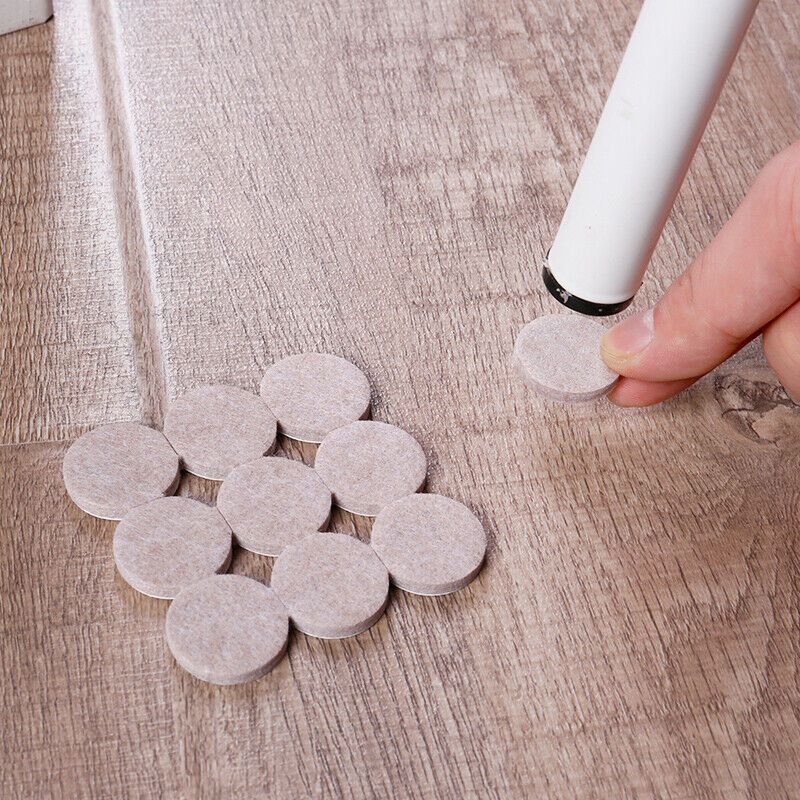
Cost Analysis: Budgeting for Your Flooring Project
Budgeting for your flooring project involves more than just the price tag on materials. You need to consider installation costs and long-term value. Let's break down these key factors to help you make a smart flooring choice for your Nashville home.
Comparing Material and Installation Costs
Flooring costs vary widely based on the type you choose. Vinyl and laminate are often the most budget-friendly options, starting around $2-$5 per square foot. Engineered hardwood is a mid-range choice, costing about $6 per square foot.
Installation costs add to your total budget. DIY-friendly options like vinyl can save you money. Professional installation for hardwood or tile will increase your costs.
Here's a quick comparison of common flooring types:
- Vinyl: $2-$5/sq ft + $1-$2/sq ft installation
- Laminate: $3-$7/sq ft + $2-$3/sq ft installation
- Engineered Hardwood: $6-$12/sq ft + $3-$5/sq ft installation
- Tile: $5-$10/sq ft + $4-$8/sq ft installation
Long-Term Value and Resale Considerations
When budgeting, think beyond the initial cost. Durable flooring might cost more upfront but can save you money over time. Hardwood floors often add value to your home and can last for decades with proper care.
Vinyl and laminate are affordable but may need replacement sooner. They might not boost your home's value as much as higher-end options.
Consider your long-term plans. If you're staying in your home for many years, investing in quality flooring can pay off. For a quick sale, mid-range options might give you the best return on investment.
Remember to factor in maintenance costs. Some floors need special cleaners or periodic refinishing, which can add to your long-term expenses.
Summing Up
Choosing the right flooring for your Nashville home is a big decision. You have many great options to pick from. Think about your lifestyle, budget, and style when deciding.
Hardwood gives a classic look that buyers love. Luxury vinyl plank is durable and water-resistant. Tile works well in bathrooms and kitchens. Carpet adds comfort to bedrooms.
Remember to consider how each type of flooring will hold up to Nashville's climate. You want something that can handle humidity and temperature changes.
For expert advice and installation, reach out to Nashville Flooring Company. Our team knows the local market and can help you find the perfect flooring for your home.
With the right flooring, you'll enhance your home's beauty and value. Take your time to explore all your choices. Soon you'll be walking on floors you love for years to come.
